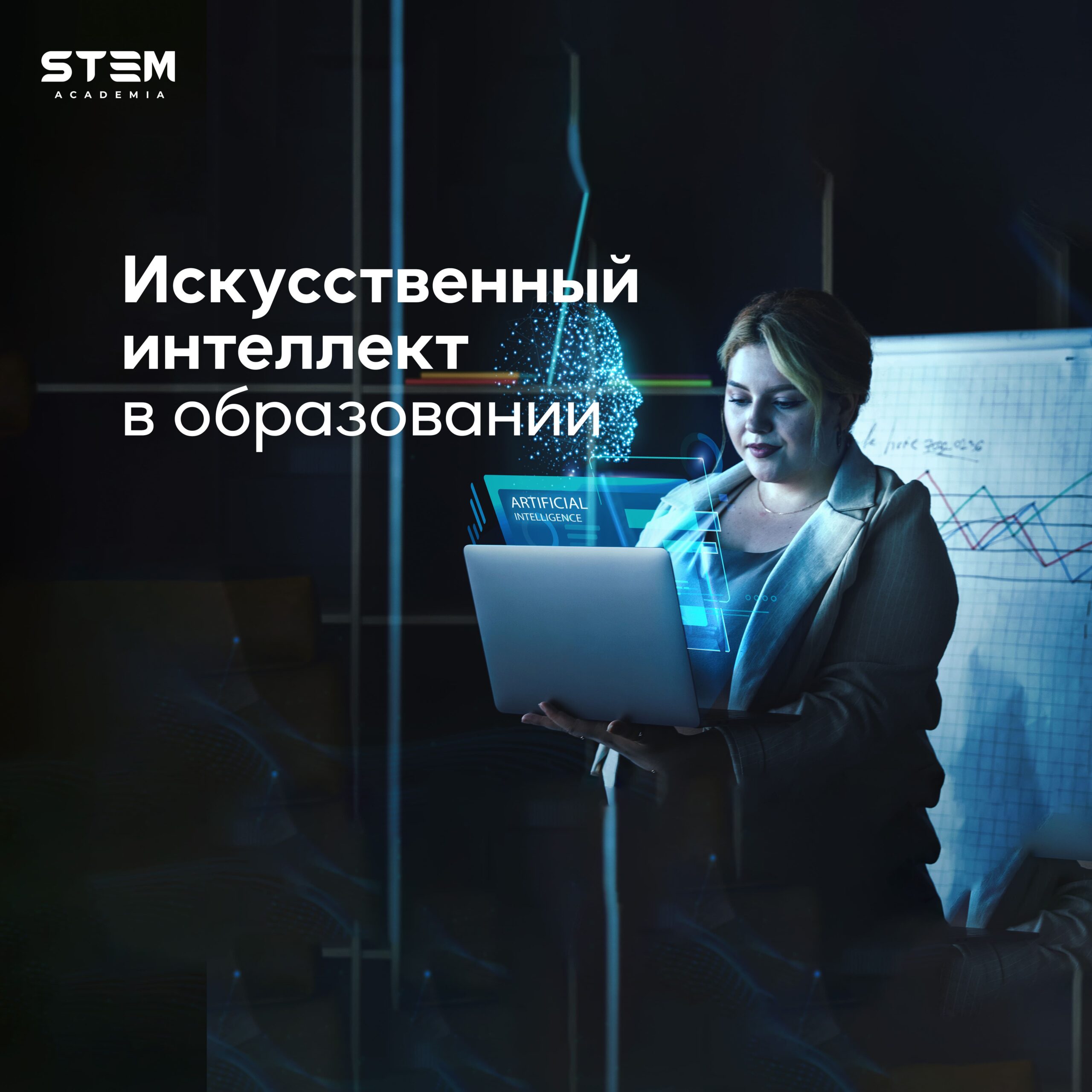Kazakhstan has made a big step in the development of education during the years of independence. Currently, the introduction of inclusion in educational institutions of our country is an important step in the development of the entire education system.
In this article, STEM Academia will talk about the process and stages of inclusion implementation.
The main aspects of inclusion:
Every child is special;
Every child has equal rights and access to social life;
The value of a child does not depend on his/her abilities and achievements;
All children need mutual support and friendship;
Children’s interaction contributes to their development.
There are more than 160 thousand children in our country with disabilities. And only about 20% participate in inclusive education.
Today there are a number of problems and difficulties to ensure inclusive conditions. This is the lack of trained personnel, poor material and technical base, fear of parents of special children of ridicule and bullying by peers.
According to the state program of education development, by 2025 it is necessary for all pre-school and school education institutions and about 70% of colleges and universities to provide conditions for special students.
What is being done today to solve the problems of inclusive education?
The process of learning by means of inclusive games, where special children are involved on an equal footing with ordinary children, has been introduced;
Adaptive sports methods are being developed;
A teaching assistant position has been created;
Support rooms for special children were opened.
Over time, the idea of inclusive education in the minds of modern parents is changing. Special people are slowly becoming part of society, with the same equal rights and access to everything they need. There is a lot of work ahead to fully implement inclusion in educational institutions. The first steps have already been made, but this is not enough. Active participation of the state in financing this direction, training of specially trained teachers to work with special children, development of quality material and technical base and methods, as well as the use of foreign experience is required



